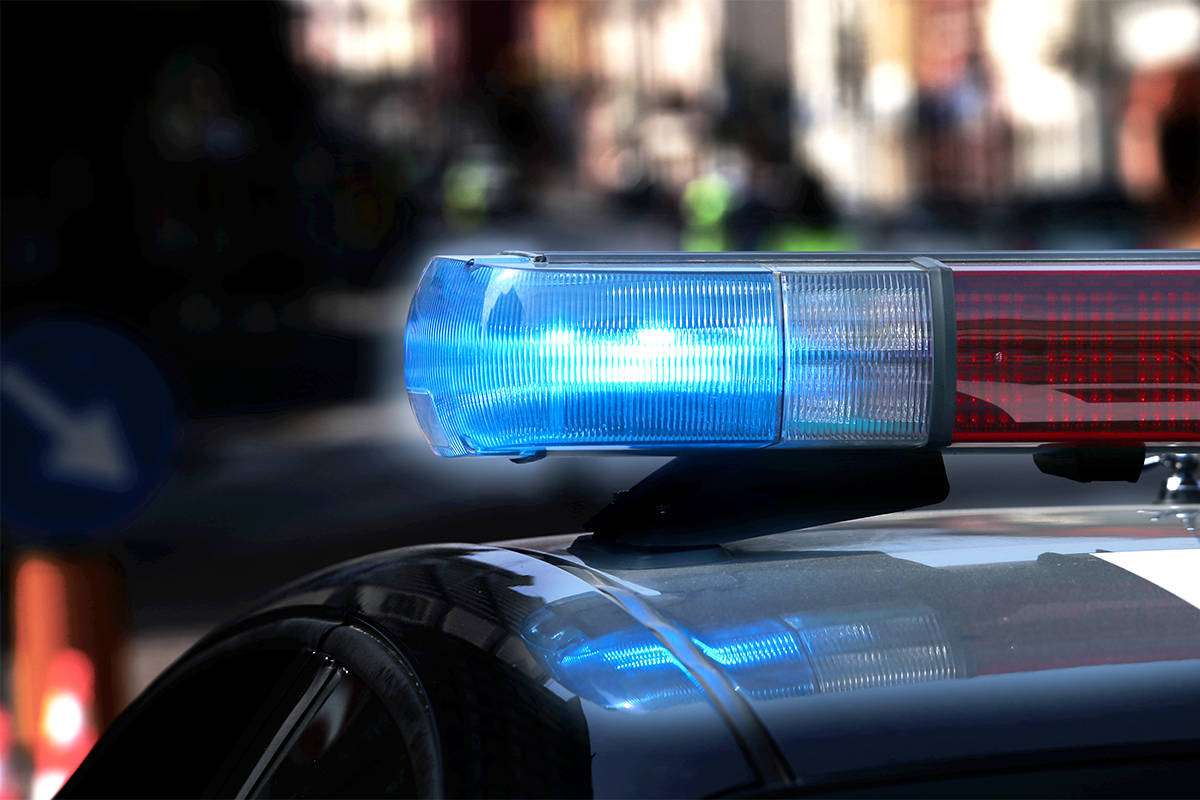CLARENCE PAGE: Police suicides remind us that our folks in blue get the blues, too — to a deadly degree
Reports of the recent death of a Chicago police officer from a self-inflicted gunshot reminded me of a sadly startling statistic: Police in recent years have been more likely to die by suicide than in the line of duty.
That’s according to Blue H.E.L.P., a Massachusetts-based nonprofit that tracks police suicides. Because the organization relies mainly on information submitted by current and retired officers, spokesmen say, the true totals are likely higher and tend to grow as more information is submitted and verified.
At least 228 officers at the local, state and federal level died by suicide in 2019, the highest number the organization has reported yet. Reports fell with the pandemic in 2020 to 174, and so far this year, the tragic number is 79.
During more than a year of pandemic misery, racial reckoning, street protests and police accountability issues after the tragic recorded murder of George Floyd by a Minneapolis cop, I can’t help but think about the pressures facing police, most of whom do not make bad news.
As much as some people tout “defund the police,” I find that a lot more of us want to improve the police as well as the services they provide and, let us not forget, the services they themselves often need — including mental health services.
“I think the police culture is changing. They see that they can reach out more for more help,” Carrie Steiner, a former Chicago police officer who became a licensed clinical psychologist, told me. “But I think every officer I know is burned out and not doing well.”
That’s what she said last year in her First Responders Wellness Center in Lombard, which she called a first-of-its-kind practice to offer mental health services exclusively to first responders by former and current first responders.
I called her back to see how well the officers she sees have been coping with the crises of the past year. As I expected, for many, life has gotten worse. Among the biggest issues: 12-hour work days and canceled days off, among other interruptions to their home lives and, of course, their sleep.
And, as much as reform advocates scored a victory with the 764-page Illinois criminal justice reform bill that went into effect July 1, police feel even more pressures at a time when many feel their world already is turning against them.
Among other changes, the massive bill will end cash bail beginning in 2023, require police officers statewide to wear body cameras by 2025 and create a stronger statewide system for tracking police misconduct and decertifying officers who commit wrongdoing.
I have mixed feelings about officers’ complaints, because I support most of the bill’s reforms — in principle, anyway.
Cash bail is intended to ensure defendants show up in court and that dangerous people stay off the streets. But I’ve seen too many cases of dangerous defendants put back on the streets, as Chicago police Superintendent David Brown and others have complained.
And while police appreciate the evidence body cameras can provide of what the offenders are doing wrong, Steiner said, “They now feel that cameras are there to show what the officers are doing wrong.”
I hear their pain. Laws are made to be improved, and undoubtedly there’s plenty of room for improvement in this magnum opus of a bill. For now, as we call on our police to help us, we should remember that they sometimes need our help, too.
Contact Clarence Page of the Chicago Tribune at cpage@chicagotribune.com.






















